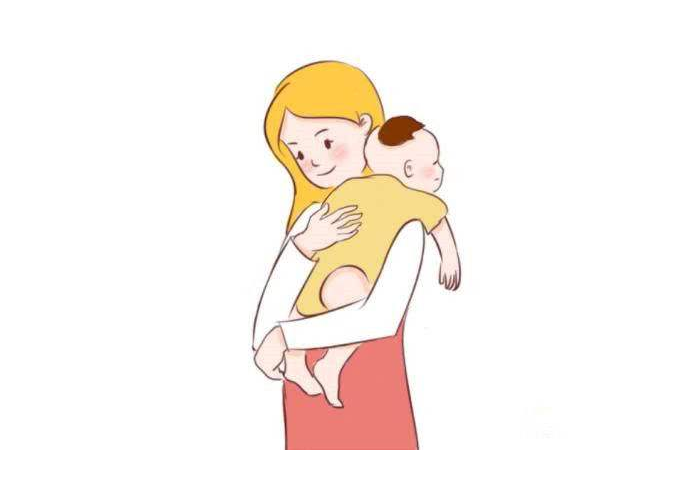Iron as a basic element of life plays a crucial role in our bodies, especially for women. Due to blood loss during the menstrual cycle, as well as the additional demands of pregnancy and lactation, women require more iron than men. During menstruation, women lose about 15-30 milligrams of iron each month, a loss that men do not experience. Therefore, women face the challenge of increasing their iron intake at different stages of life.
Iron deficiency is a common nutritional issue globally, with women being particularly affected. It is not only linked to anemia but can also lead to fatigue, lack of focus, weakened immunity, and even impact heart health, increasing the risk of cardiovascular diseases. Hence, ensuring adequate iron intake is crucial for maintaining women’s health.
Scientific iron supplementation can begin with daily dietary choices. Red meat, such as beef and lamb, is rich in easily absorbable heme iron. Legumes and nuts, such as black beans, red beans, walnuts, and cashews, are quality plant sources of iron. Leafy green vegetables like spinach, kale, and broccoli contain non-heme iron. Dried fruits and seeds, such as raisins and pumpkin seeds, are also good sources of iron. To enhance the absorption of non-heme iron, it is beneficial to consume iron-rich foods with those high in vitamin C, like oranges, tomatoes, along with meat or vegetables.
In cases of severe iron deficiency, a doctor may recommend iron supplements, including oral tablets, liquid formulations, or injections, based on medical advice. It is important to note that excessive iron intake can be harmful, potentially leading to iron toxicity. Therefore, supplements should be used under medical supervision, avoiding consumption with tannic acid-containing foods like tea and coffee to prevent interference with iron absorption.
Regular monitoring of hemoglobin and serum ferritin levels can help detect and address iron deficiency promptly. If test results indicate iron deficiency, consulting a doctor to establish a personalized iron supplementation plan is advisable.
By maintaining a balanced diet and seeking necessary medical intervention when needed, women can effectively manage their iron requirements. Throughout this process, it is essential to be cautious of the risks associated with excessive iron supplementation. Additionally, healthy lifestyle habits such as moderate exercise and ensuring adequate sleep can promote iron absorption and utilization.


